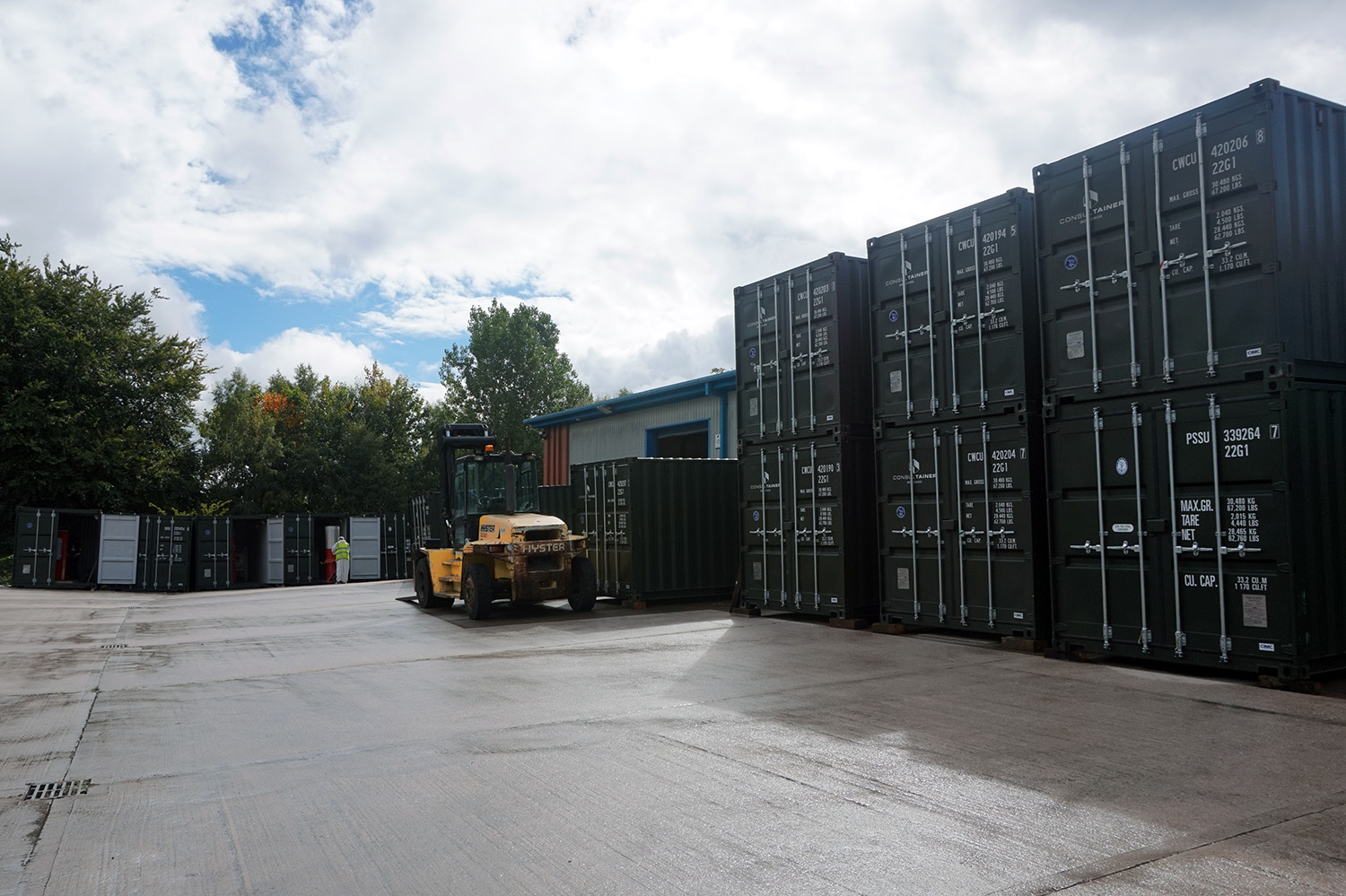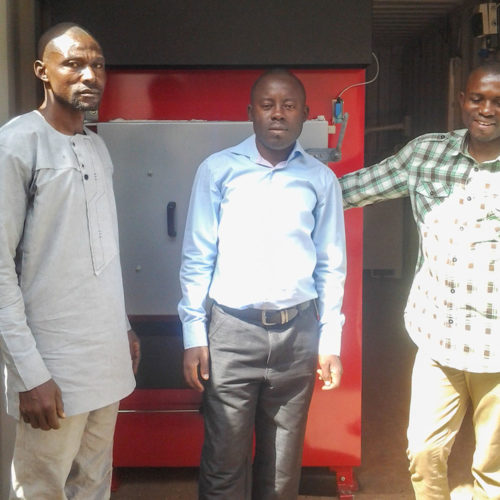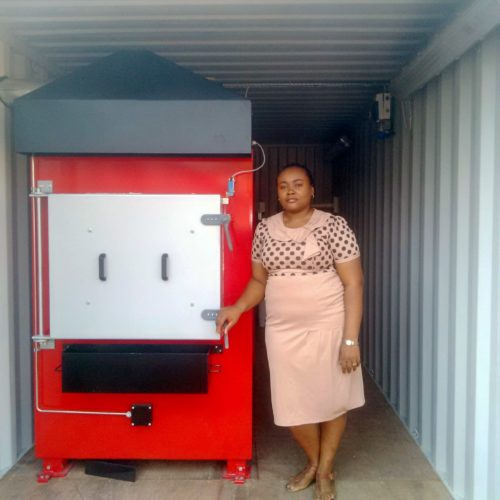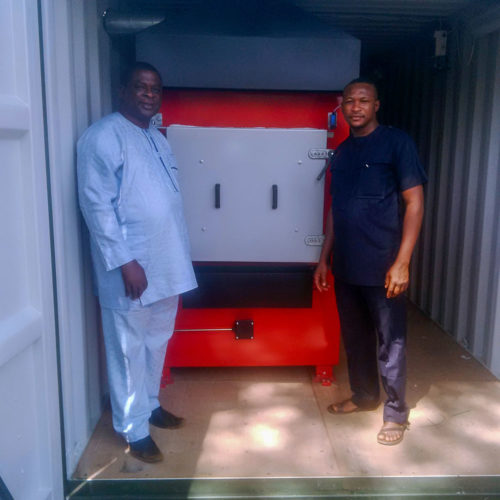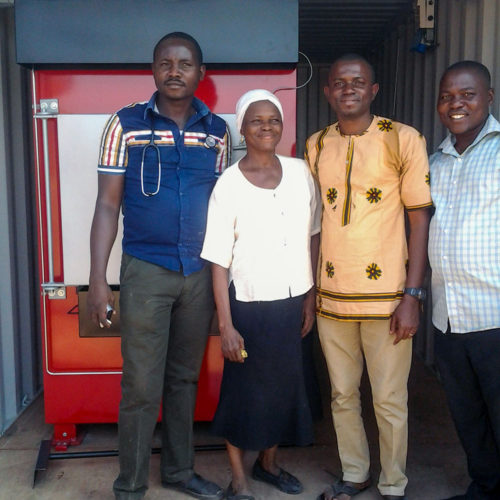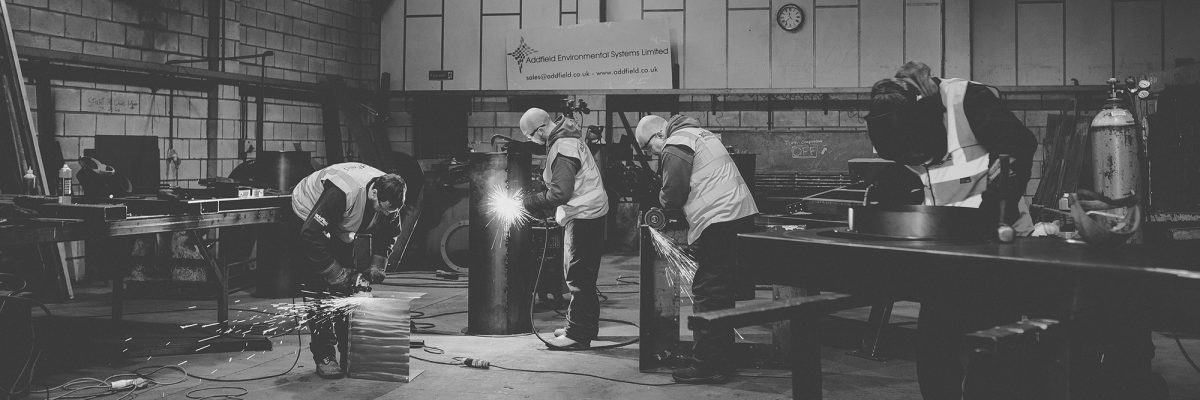UNICEF is the world’s leading organisation for the safety of children across the globe. They have created Millennium Development Goals that aims to eradicate extreme poverty.
UNICEF is supported by the National Primary Health Care Development Agency (NPHCDA) is a parastatal of Nigeria’s Federal Ministry of Health whose motto is “making Nigerian’s healthy”. This organisation intends to develop the primary health care of Nigeria by providing support for the monitoring, evaluation, training and procurement necessary to drastically improve the medical support available with the intention of eliminating preventable diseases.
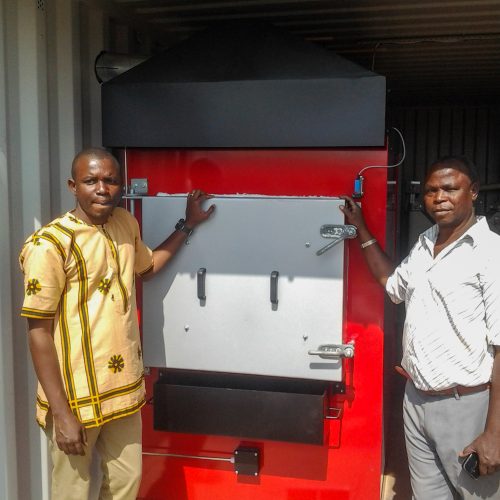
An incinerator is needed
One particular goal of UNICEF is to reduce child mortality, the progress of which is monitored by a number of indicators such as the ‘proportion of 1 year old children immunised against measles’ since measles is one of the leading causes of death among small children and kills 16 people every hour.
This correlates with the Global Measles and Rubella Strategic Plan 2012-2020 that aims to protect mothers and children from these avoidable diseases.
This can only be achieved through immunisation along with developing and maintaining outbreak preparedness. An incinerator prevents the spread of measles by destroying contaminated medical waste such as needles.
Fitting into the plan
Having the support of our local representatives in Nigeria. They ensured that the multiple sites are fully supported with the distribution and setting up of the incinerators for when the Addfield engineers arrive for the commissioning and training. Along with full knowledge of the Addfield machines and spare parts on site, Mr Agba is able to make certain that the sites are resilient to downtime. This trial project will be a test for future development that correlates with the UNICEF Millennium Development Goals.
Which incinerator?
The MP series incorporates a hot hearth construction which allows the incineration of a wider range of waste types specifically high moisture anatomical waste. It requires minimal user interaction and only a single operator throughout due to its simple yet efficient technical design. The MP100 was specifically chosen for its 100kg loading capacity with a burn rate of 50kg an hour. A containerised version was requested as this allowed the machine to be fully mobile as well as sheltered from the African weather.
An incinerator is needed
Incineration is a vital part of increasing the biosecurity of poverty-stricken areas such as Nigeria.
Measles is highly contagious.
Common Symptoms include high fever, white spots inside cheeks and rash on face/upper neck. Serious complications include blindness, encephalitis, severe diarrhoea and related dehydration, ear infections and severe respiratory infections. This is mainly seen in those poorly nourished and is particularly deadly in countries experiencing or recovering from a disaster.
